Niles West is one of the most diverse schools in Illinois. When I walk down the halls I never fail to see people of different nationalities, ethnicities, races, or religions. We all live in a vast pool of cultures, and this is further proved by the array of different cultural and religious clubs that Niles West offers.
This diverse community has allowed me to wear my hijab in peace, with tolerance and no ignorance to bother me. The hijab is an Islamic head scarf worn by many Muslim women, and it has become a token of identity and confidence, as well as a way of expressing our love for our religion and God. There are many places in this country where the hijab is insulted and disrespected, and the women who wear it are ridiculed due to raging ignorance and stupidity. We don’t realize that this type of intolerance happens because here at Niles West, the religious tolerance is commendable; but outside Niles West, it is pathetic how much hatred many Muslim women face for wearing the hijab.
The idea that the hijab is a symbol of oppression is actually just a sign of Islamophobia (irrational fear of Islam and Muslims). Are there places where some women are forced to wear it? Yes, but that is not condoned. It is looked down upon. The hijab is a choice for most women, and these women do not feel that their rights or abilities have been restricted due to the scarf wrapped around their heads. There is really nothing we can’t do because of the hijab. There are athletes, singers, politicians, activists, businesswoman, writers, doctors, teachers, lawyers, and journalists who are hijab-wearing Muslim women (we call them, “hijabis”). These women choose what they want to do with their life, so they are not very different from other women who don’t wear the hijab.
According to sophomore Amina Dzananovic, the decision to wear the hijab was her choice, and she feels that people who judge us too quickly because of our choice are missing out on who we really are. For her, as is for many of us, the hijab holds different meanings.
“To me, hijab is not something I felt I HAD to wear, but something I WANTED to wear,” said Dzananovic. ‘It honestly saddens me when people think its a sign of oppression… In its literal sense, it’s actually really liberating because we can’t rely on mainstream fashion to show us the latest trend… so we have to find ourselves, our own styles, our own personalities. Although the obvious reason people may say hijab is worn is for modesty, and it is, but it’s so much more than that. When you wear a scarf, its not just for someone to look at it and say ‘oh she’s Muslim’ but it’s a representation of who we strive to be. We’re confident, brave, and definitely not forced to wear a scarf. Just ask any of the Niles West hijabis, each of us have our own stories, we’re just waiting for people to stop judging us by what’s on our heads, but by what’s in it.”
For many girls, it might not even be worn for modesty, but just a coming-of-age decision. Senior Hirrah Khatri began wearing her hijab freshman year as a representation of her transition from junior high to high school, as well as a way for her to see how others viewed her.
“To be honest modesty was not my initial reason to wear the hijab,” said Khatri. ‘Coming into high school I knew that I’d probably be making and losing a lot of friends. I wanted to assure myself that the people I am around… are my friends because of who I am and my character, not by what I wear or how I look. Hijab may conceal my body but it doesn’t conceal my thoughts. Now the hijab has become part of me. People usually tell me I don’t strike them as a girl who’d wear it. Maybe it’s because I am outspoken and have a really bold personality. I love to make dorky jokes about my hijab like ‘whip my hijab back and forth’ or something quirky or talk about how my socks match my hijabs. I want people to step outside the typical stereotype of what a hijabi is. I want it to be more socially accepted.”
I understand that for many people who live in communities where there aren’t many Muslims may find it odd to see the scarf wrapped around our heads. But curiosity is natural, and to get rid of it, all anyone needs to do is ask. What is absolutely ridiculous are the people who don’t ask, but rather just expect the media to tell them about something the media has no idea about. Unless the information is coming from a Muslim woman, don’t allow yourself to believe that the hijab is whatever the media is telling you it is nowadays. We are NOT oppressed. We have every right to wear the hijab because it is OUR choice. Whether or not we choose to wrap a scarf around our heads, is our choice.
There are many girls in this school who wear the hijab, and every single one of them has their own unique way of wearing it. No, we can’t show our hair to anyone other than other women, our male family members, and our husbands if we choose to marry. But that doesn’t stop us from being creative and fashionable with the scarf.
See, the hijab is like hair in a way that it is unique for every girl who wears it. We all have our own styles. Some of us like to wear just black everyday, while others color coordinate their hijabs with their outfits. Some wear long rectangular scarves; others wear the square ones. Some wrap it around a bunch of times, others just do it once. It’s so different that you’ll rarely find two girls wearing the hijab in an identical way. We find scarf shopping very enjoyable and sometimes I watch tutorials on YouTube to find a new way to wear one. There is also a such concept as ‘hijab fashion’ and there are many hijabi fashion designers out there making hijab-friendly clothes that cover our entire body, which is very convenient for many of us.
“The hijabis that wear the hijabs their own ways shows who they are… I don’t think people should judge them based on how they wear the hijab but be happy that they are following the religion and representing it,” said senior Asiya Fatima.
Our unique approaches to the hijab show how individualized we all are, but still connects us in this belief and choice that we share. It is a freedom of expression, something that doesn’t harm anyone. Sometimes I forget how much other hijabis are suffering in other parts of this country and this world, and I must say I am privileged compared to them. However, that does not change that there are people out there who hate on hijabi women just because of their choice of physical expression. If you’re every curious, just ask. It doesn’t hurt to know a little bit more about the hijab, what it is, what it means, why it is so special for us, and why we hold it at such high regards.



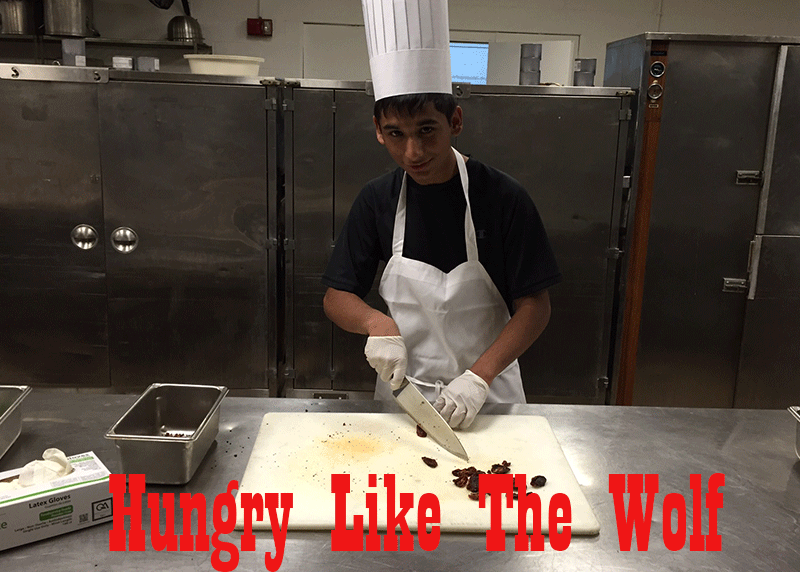
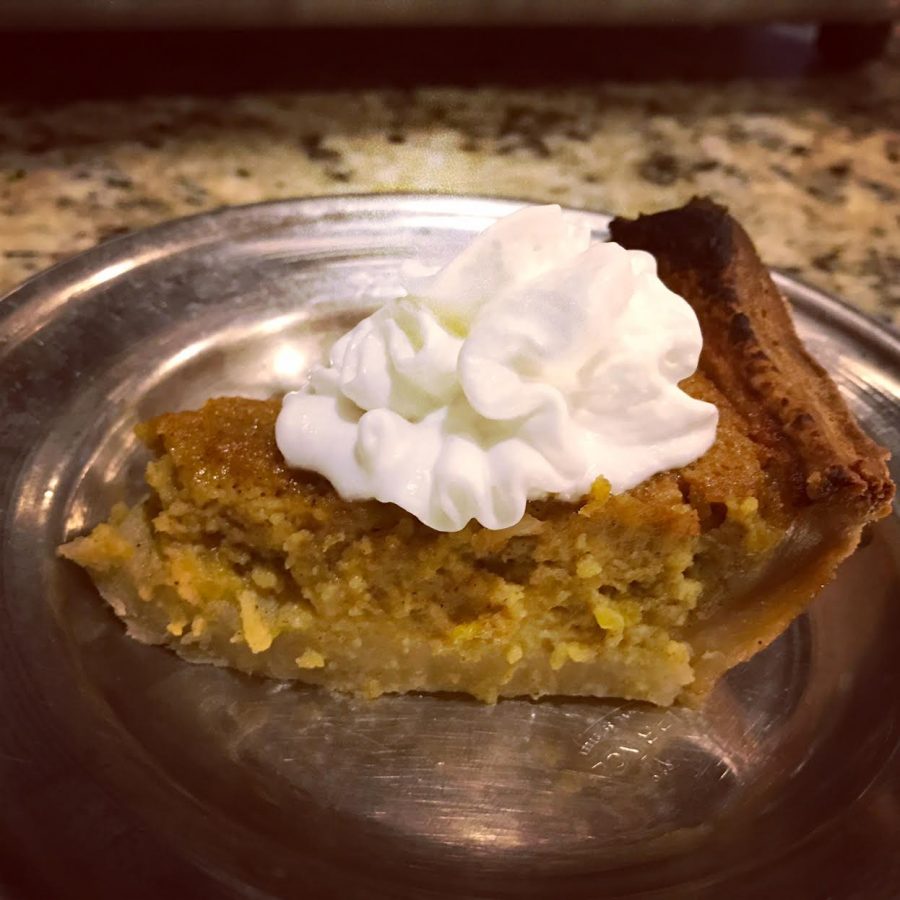
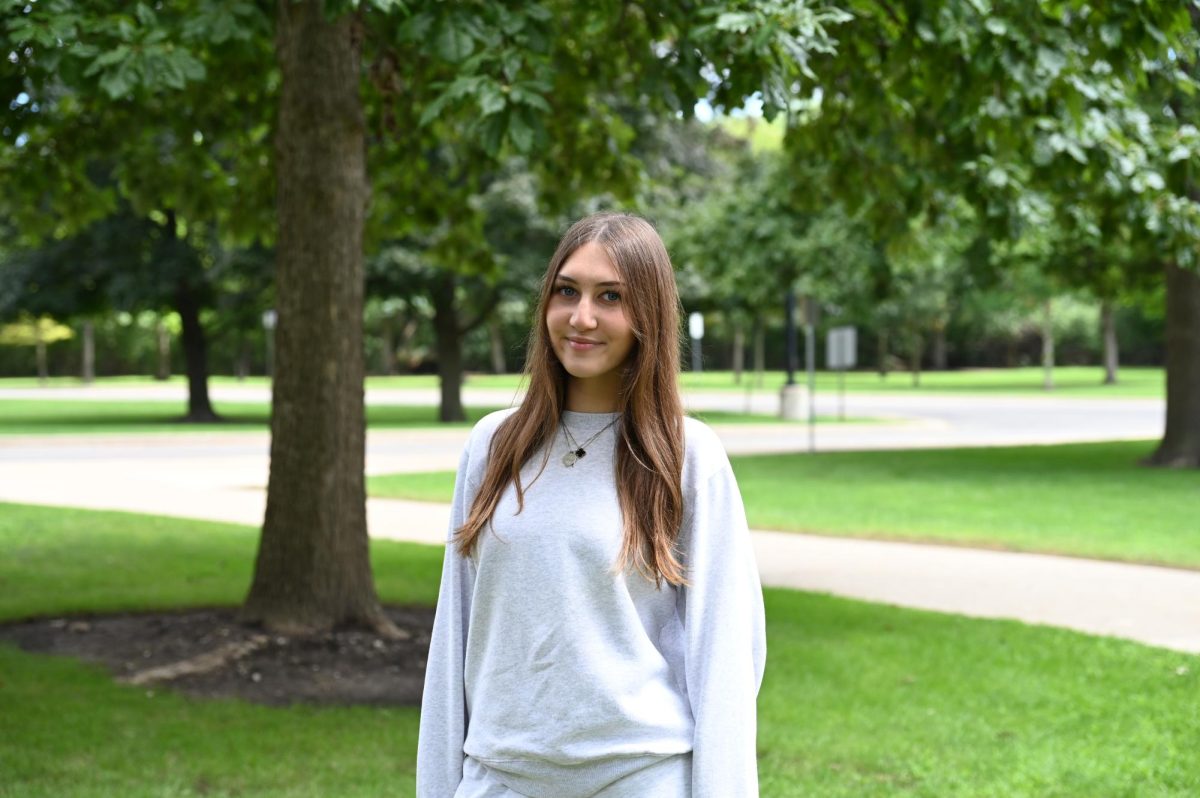
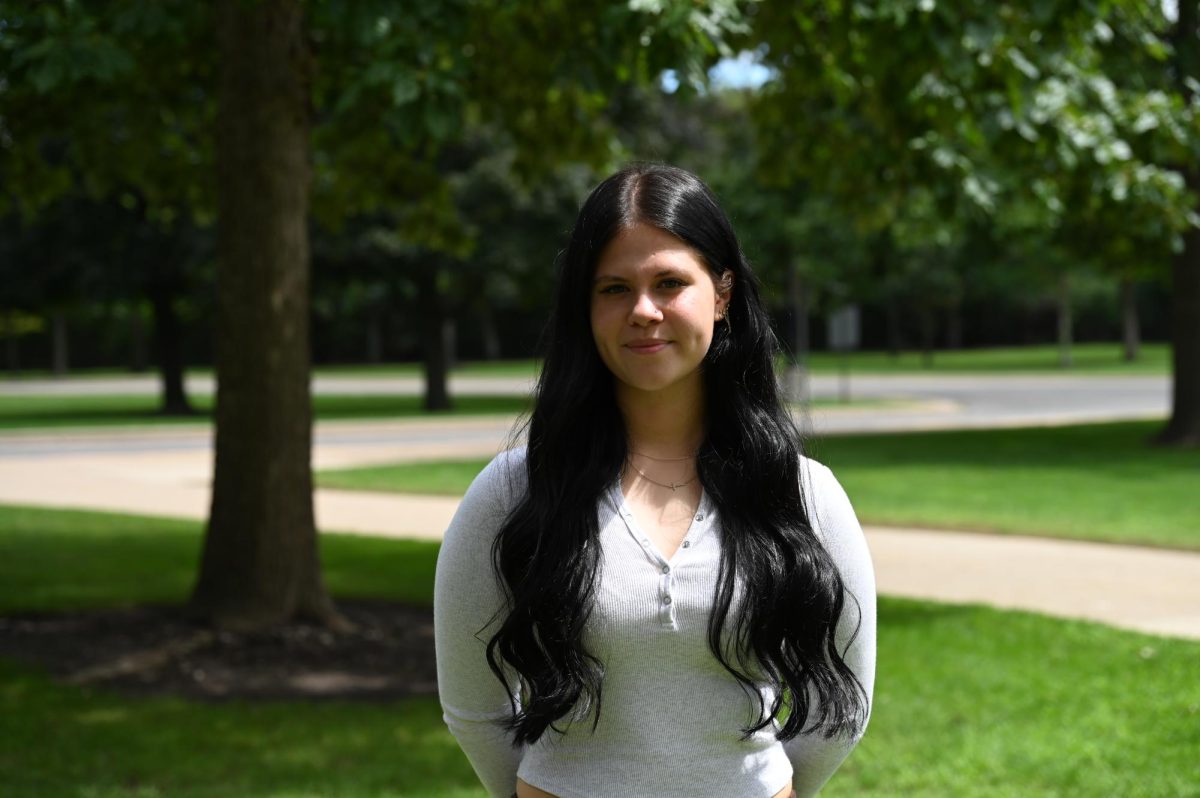
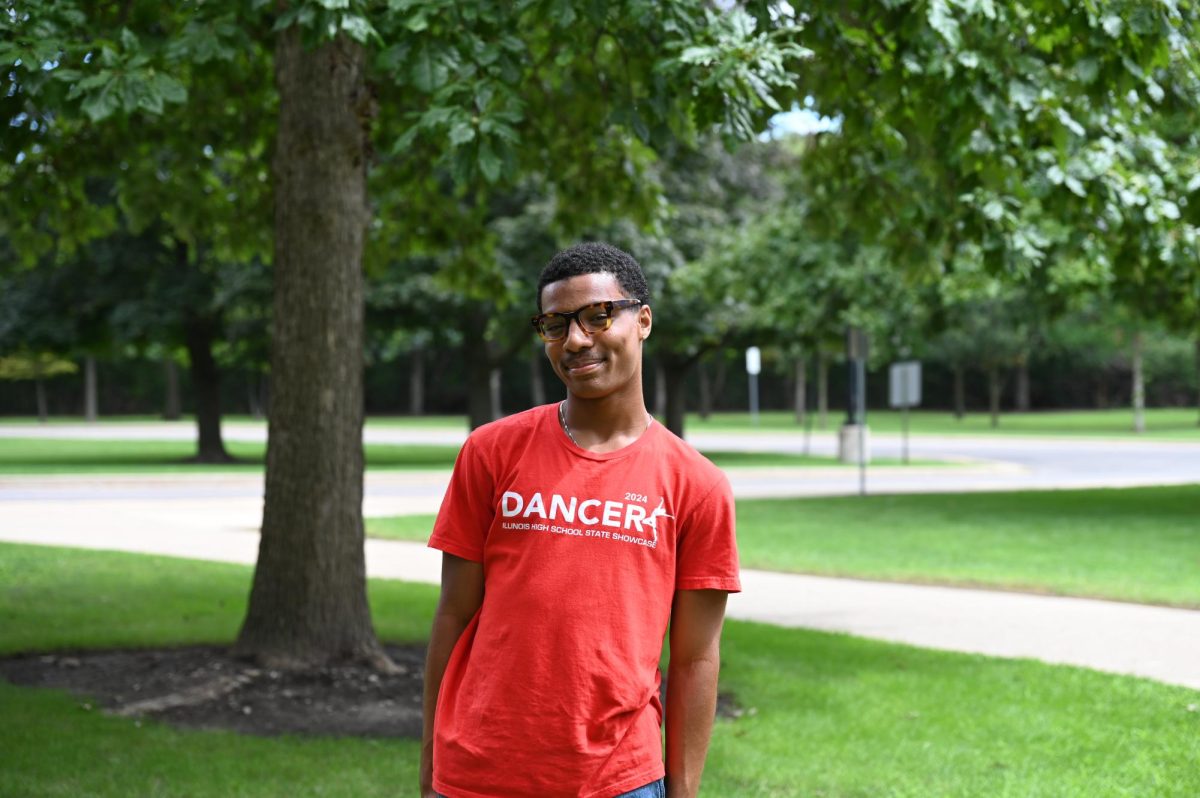
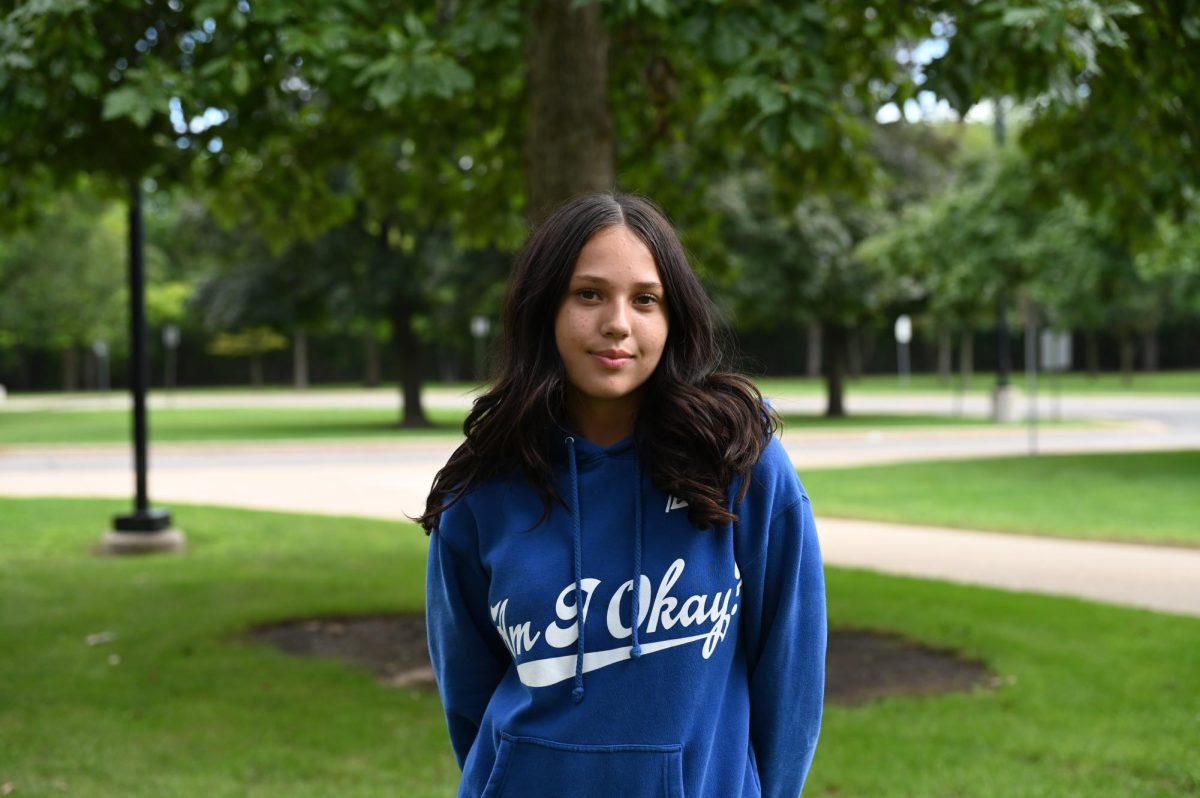
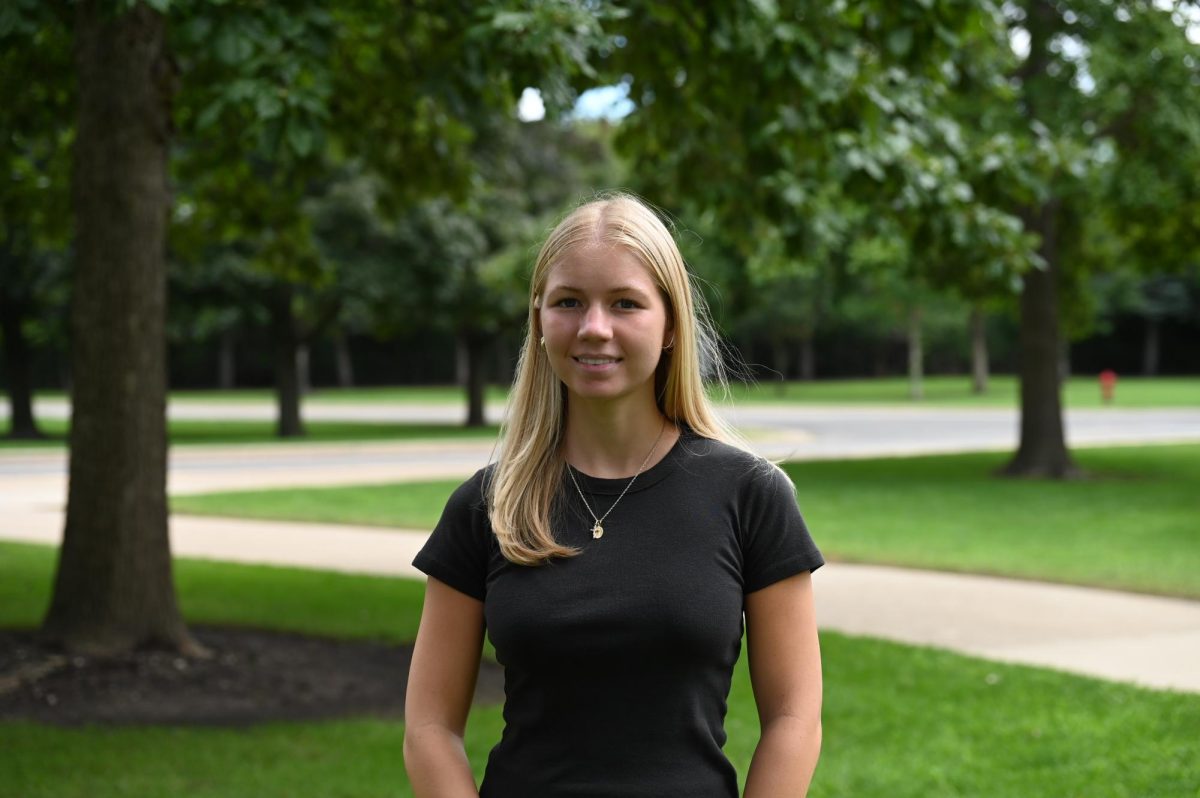
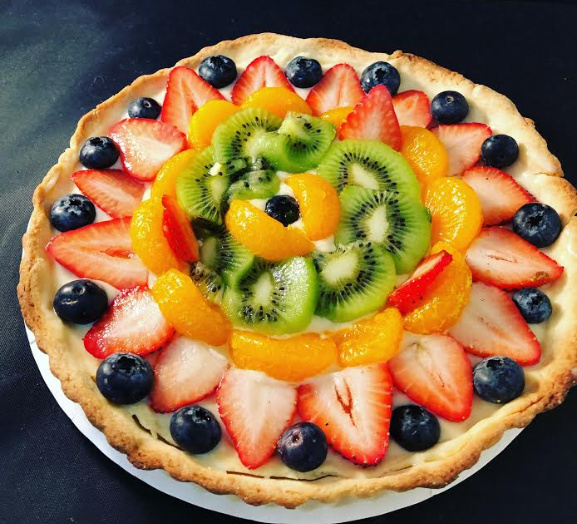
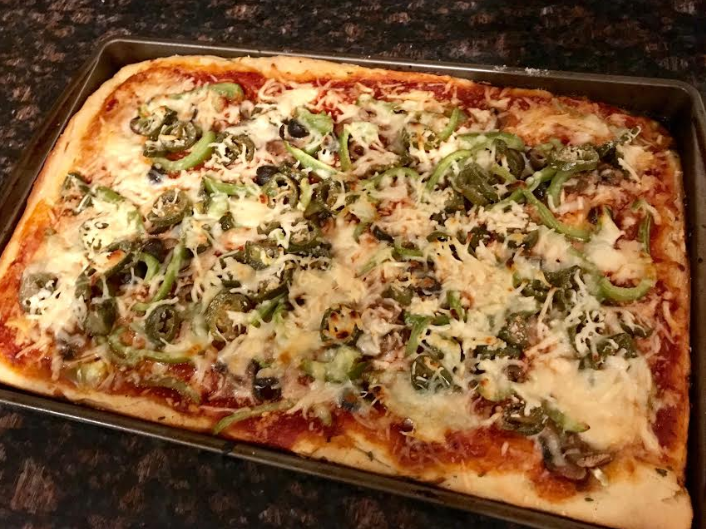
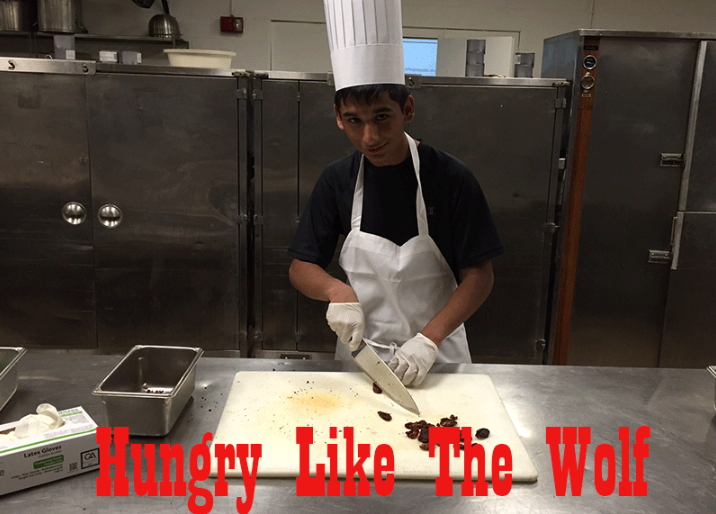
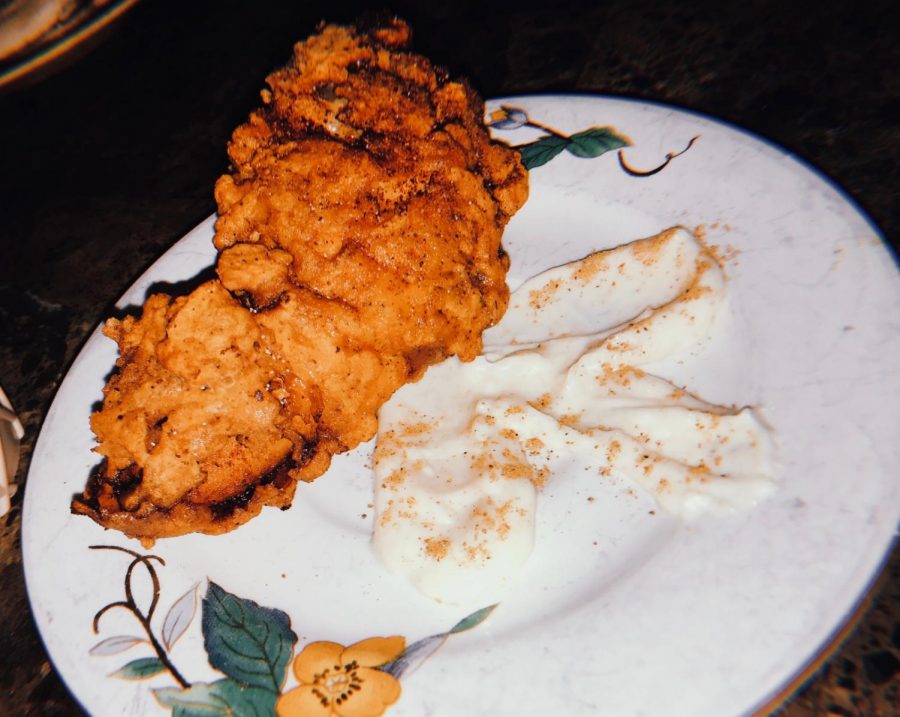

Sara • Apr 14, 2015 at 7:43 PM
This is so cool, I always wonders how a person who wears the hijab felt in an environment like Niles West. However, does this provoke anyone from joining theater or sports?
Amani • Jan 22, 2014 at 6:14 PM
This is absolutely brilliant! I love your writing Fatima.